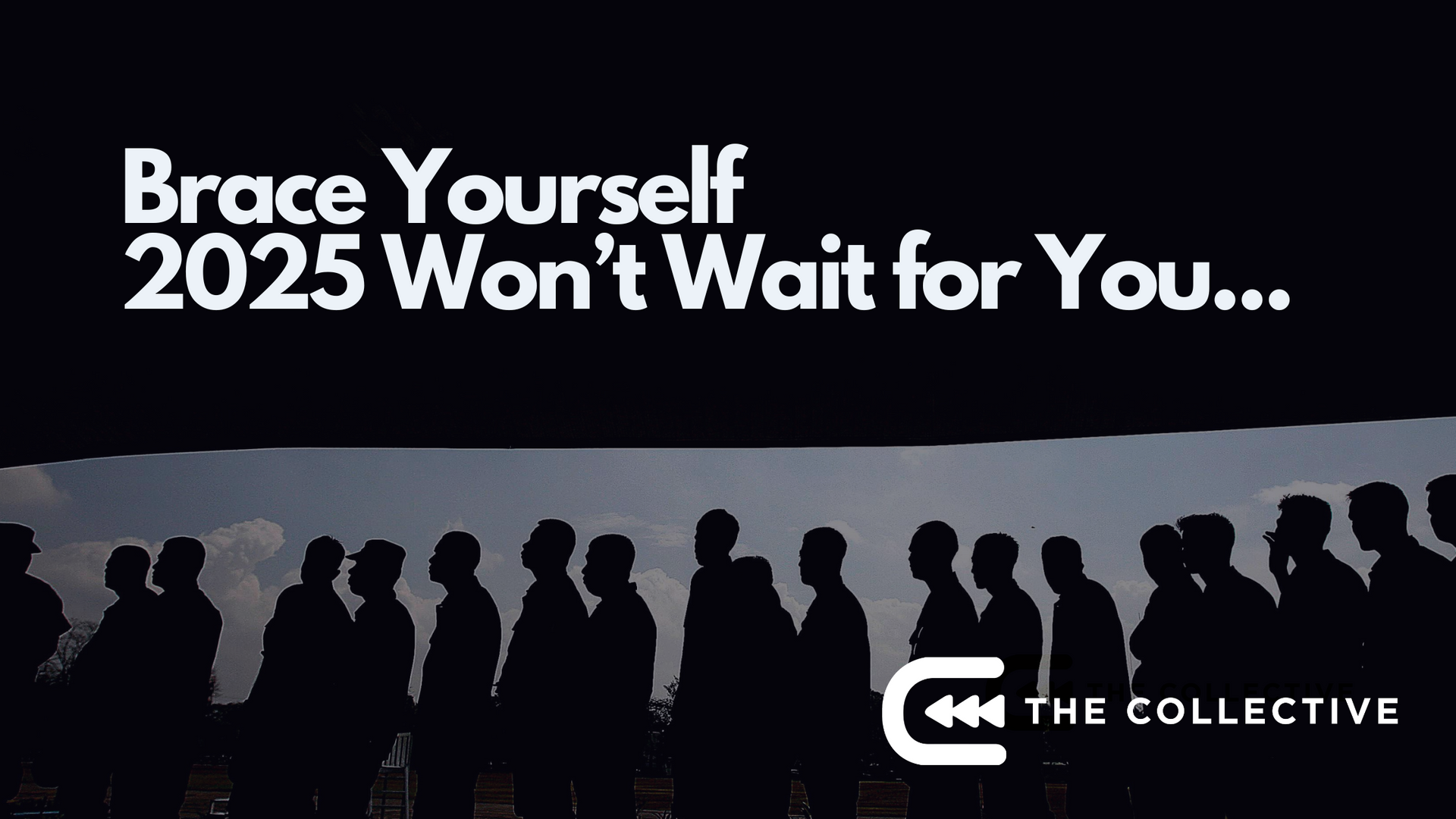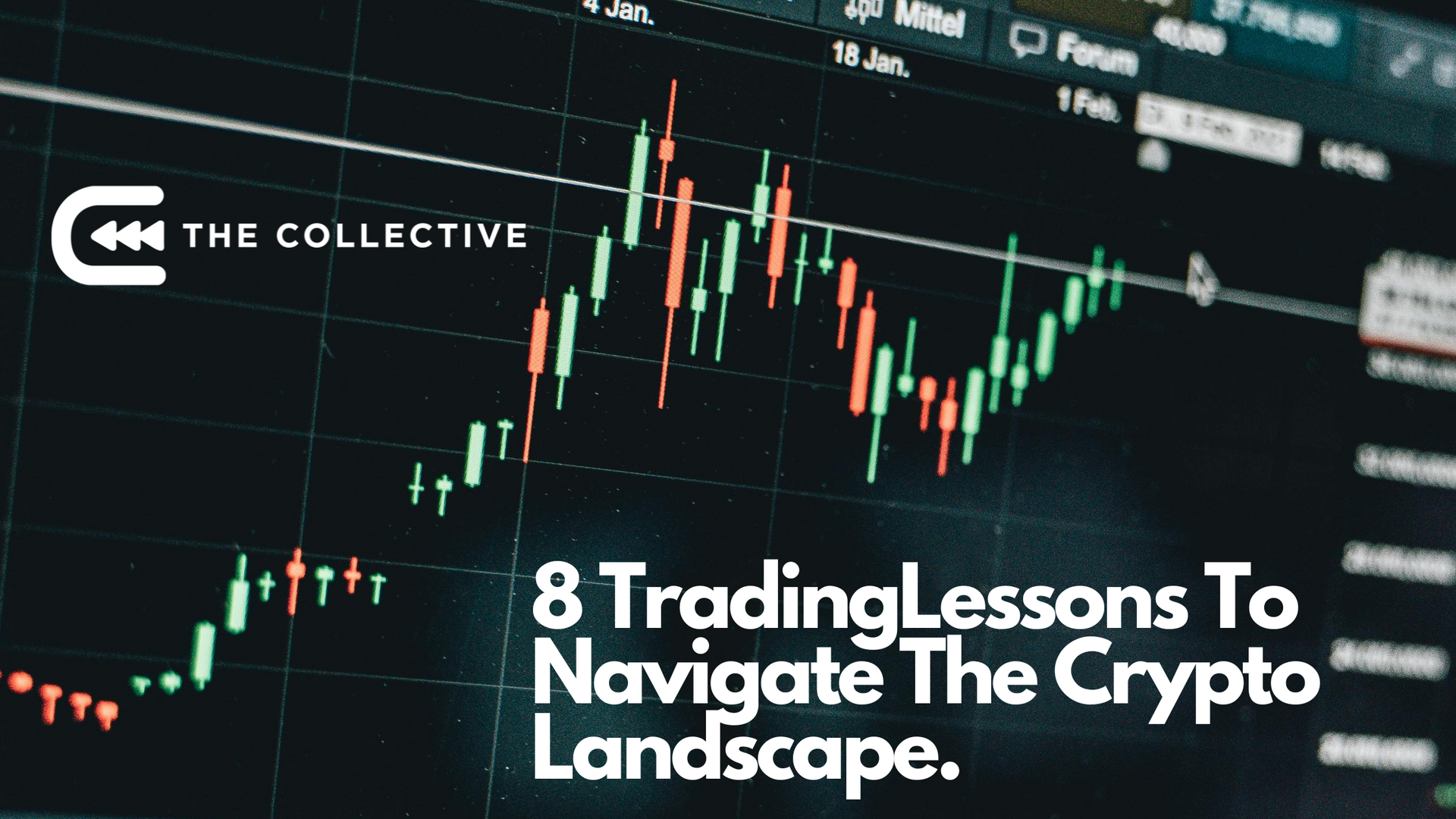CBDCs, what is the fuzz about?
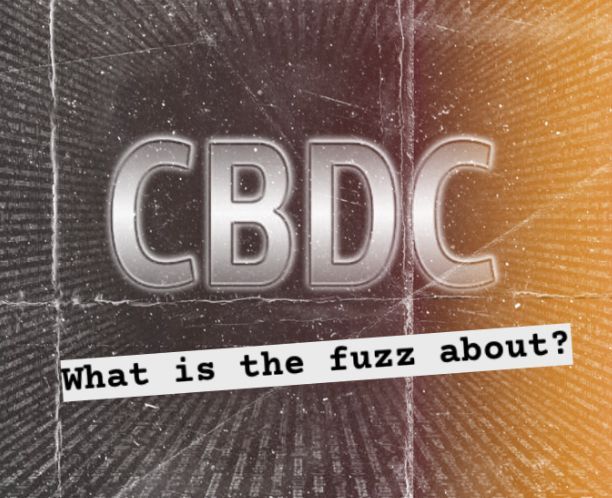
CBDCs, what is the fuzz about?
If you’d ask your neighbor or local shop owner if they support the implementation of Central Bank Digital Currencies (CBDCs), what do you think will be the answer?
We’re talking about digital money that is not owned by the people, but money that is being issued and controlled by governments and central banks. CBDCs are programmable money and they are already being deployed in several nations throughout the world. 114 countries are exploring, developing and implementing CBDCs at the time of writing this blog. (You can look up the actual state of development in your country here:
https://www.atlanticcouncil.org/cbdctracker/)
Many individuals believe that everything will be OK and don’t fully understand all the recent fuzz about it. They might even consider it to be safer, lower in transaction costs, trustworthy, more efficient and convenient. Or they assume that there will always be options available. When the time comes, will they experience a rude awakening? It is preferable to know what CBDCs are all about when no one is forcing you yet to use them while you still have a choice.
First let’s explore some of the reasons why cash actually matters.
Having control over your spending is important. Banning cash would infringe on freedom of choice. Cash is for everybody, regardless of their social status. You can acquire, use, and accept it without registration. Cash may be kept privately and anonymously, giving a person independence and getting access to opportunities that otherwise would be impossible. And when there are blackouts or cyberattacks, cash provides a safety net. It also is highly secure. Counterfeiting cash is almost impossible. In other words, cash is king and should always be an option.
Now let’s look into what CBDCs are. CBDCs are the digital form of a country’s fiat currency/cash money. Yes, a CBDC is a digital currency, but it’s NOT the same as a cryptocurrency. CBDC’s are centralized and when you compare them to cash (what they should resemble) they are more like programmable vouchers. It’s not actual money. The issuer of your nation's authorized digital wallet can decide what you can or can’t do with it. If for example you want to decide for yourself when you pay your energy bills, your taxes, your parking fine, the pre-set digital smart contracts of your CBDC wallet might already be programmed in a way to pay it automatically on your behalf.
If your online behavior for example might be picked up by an algorithm, regardless of your bias, a smart contract could be activated that freezes your bank account or restricts you from buying something outside a specific radius (Like a sort of “Smart LockDown”). All of your financial activities can be tracked directly. Or they can be programmed in a way that you can only buy products and goods that you are allowed to buy. What to think about max spending on a product or a service like public transport for example? Or the possibility to link your spending to CO2 consumption/carbon footprint. Yes, even an expiration spending date can be set, forcing you not to save but to spend. Imagine your CBDC Wallet being bonded to your digital ID, your medical records, health pass, vaccination- and test status etcetera. If you have a low social credit score you might be automatically fined, or you could get rewarded for snitching on your neighbors. It is all possible and it's already being tested. In the future you could even get fined for writing a critical piece like this.
Is this the kind of future we desire for our children?
Agustin Carstens (general manager of the BIS (Bank of International Settlements) stated in this video from the IMF in 2020 in regard to CBDCs and the Vision for the Future; at 24:30 minutes (https://www.youtube.com/watch?v=mVmKN4DSu3g):
“In cash for example we don’t know who is using a dollar bill today we don’t know who is using a one thousand peso bill today. A key difference with the CBDC is that the Central Bank will have
Absolute Control
on the rules and regulations that will determine the use of that expression of central bank liability and also we will have the technology to enforce that
”.
This leaves not much room for other interpretations and the intentions surrounding the implementation of CBDCs. So now that nations are attempting to launch their CBDCs, they presumably want to make it attractive in principle by utilizing perks and benefits like adoption programs with micro-subsidies for businesses, airdrops, discounts on purchases, or the provision of basic incomes. It is important to weigh the pros and cons carefully before engaging with CBDCs.
Contrary to CBDCs, we believe in free markets, decentralization, inclusion, individual empowerment, transparency, privacy and community. We are born free. There is work to be done when we believe our freedom may be compromised. You cannot solve this by remaining passive, but by taking back control yourself. DeFI (Decentralized Finance) innovations of Web3 for example make this possible. To opt in and out whenever it suits you best is what makes it so powerful.
Let's break free from the CBDC!
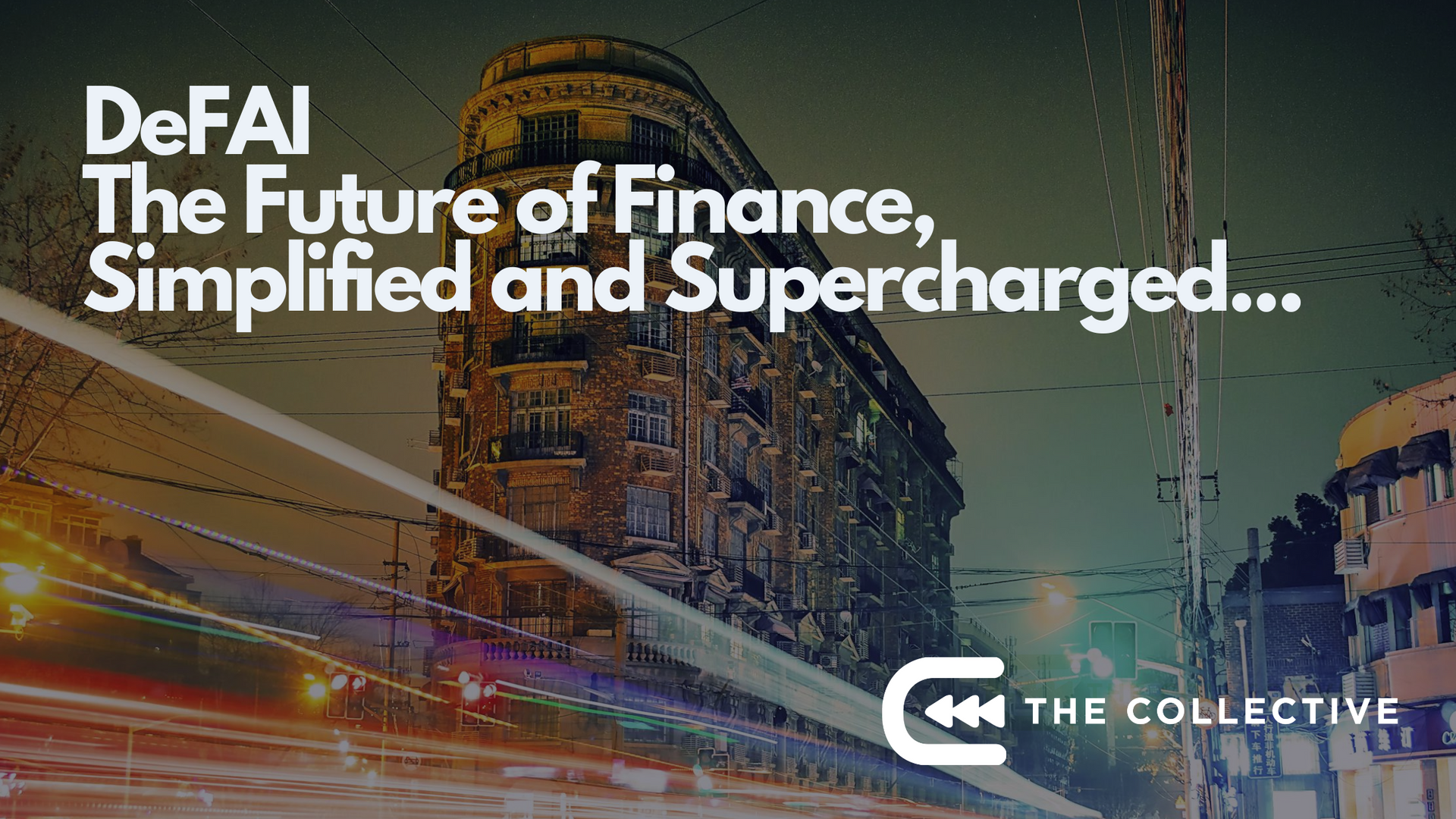
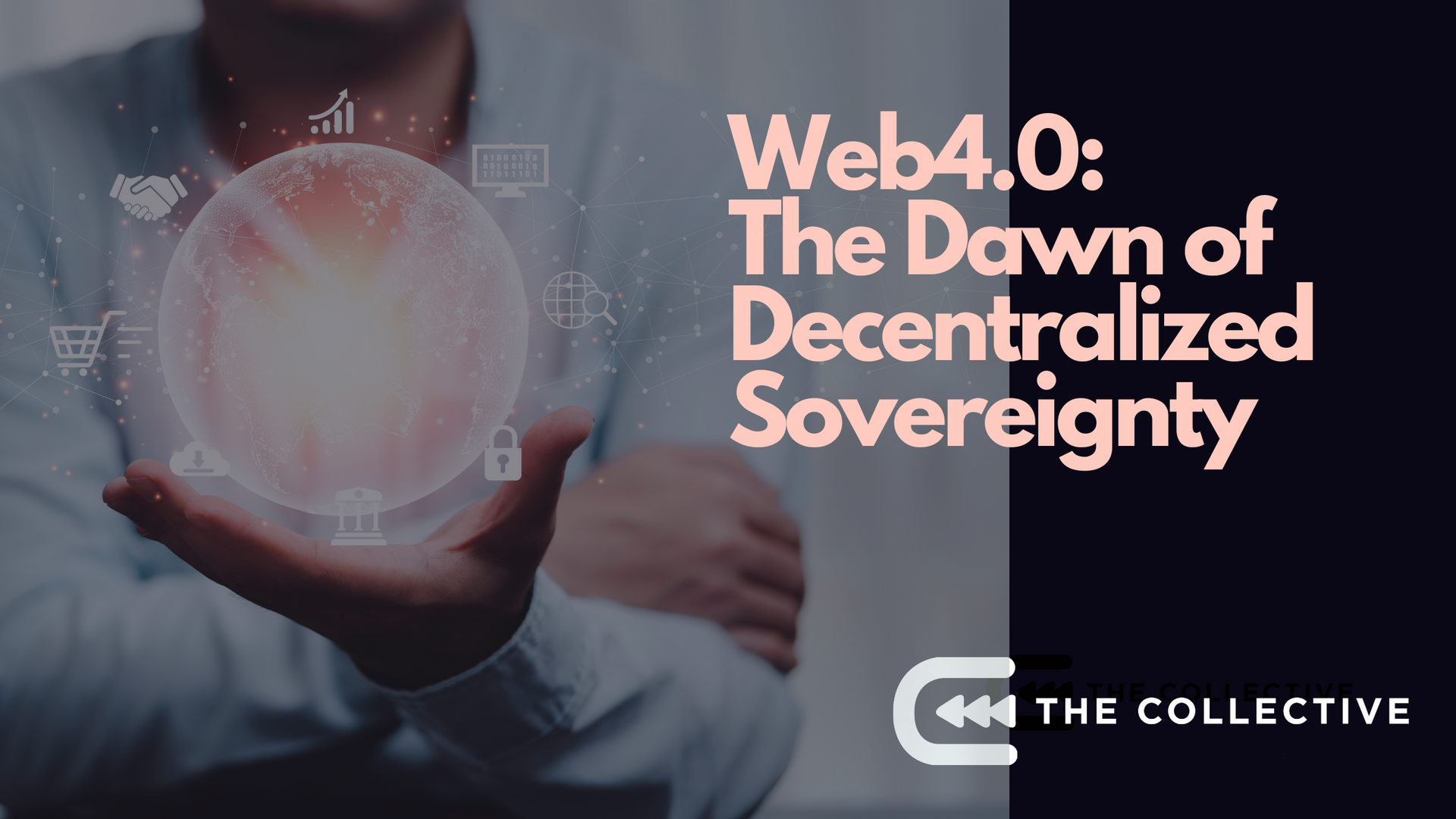
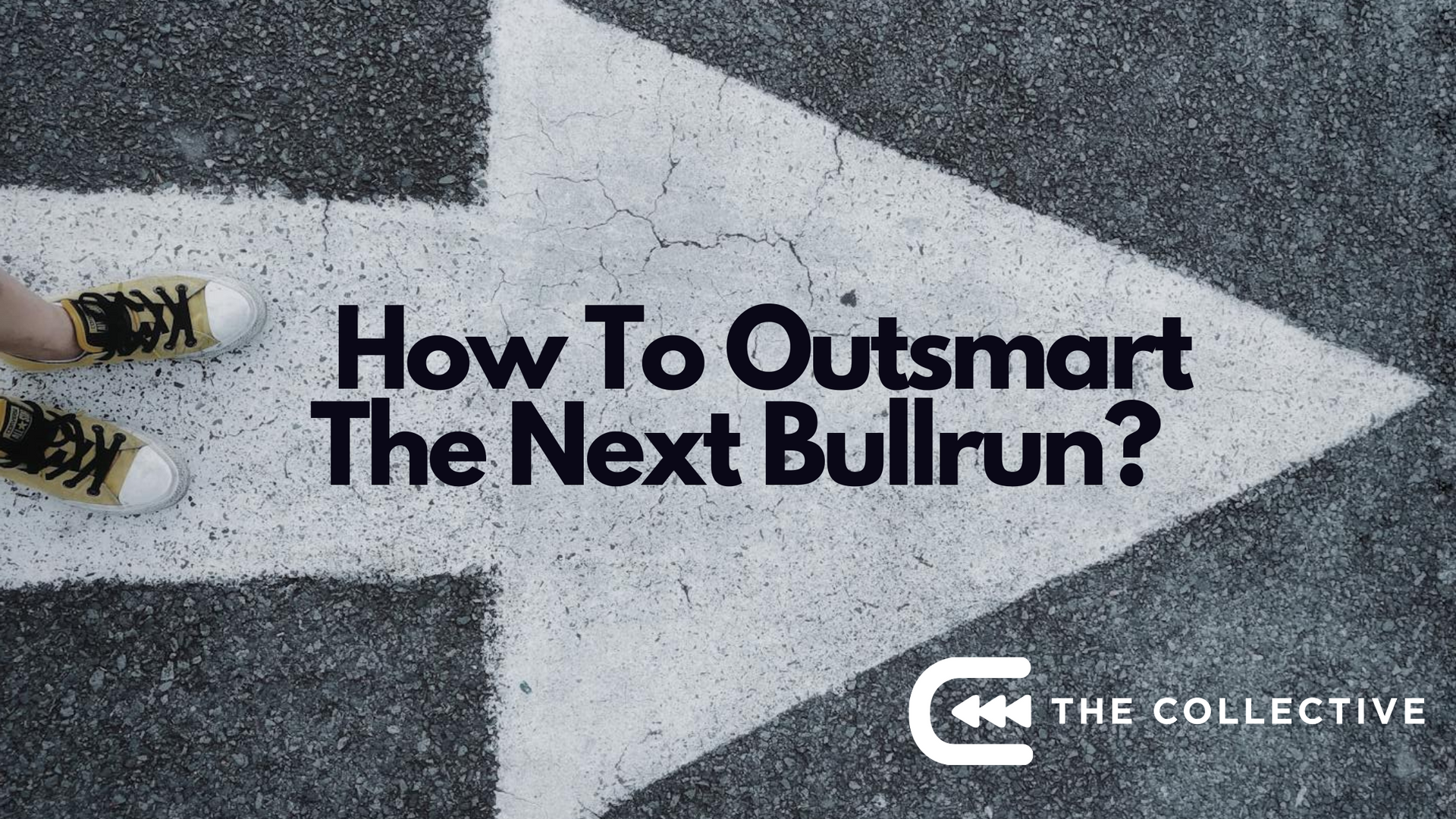


Helping people, entrepreneurs & businesses to bridge the gap between the internet of today towards the revolutionary Web4 movement.
#TakeItBack
Support us
Support the free and independent movement!
with 5 Euro / Dollar you already help us enormously!
Bitcoin wallet:
bc1qtl0yyayrdy2p74xf52ts75tw2tl0aleehhtfjl
Monero wallet:
44gKNgXYMEfFFBR4J1ySmj161zYpMZdGZPH1D2mDnYHTPXLmv83d58CbF6uNWpDq1Vdgw1NLwkJNkR1NEmqmC5xa6ZzRehG
Ethereum wallet:
takeitback.eth



